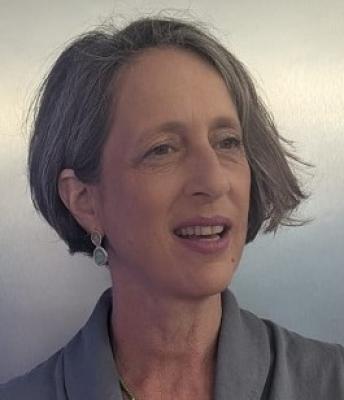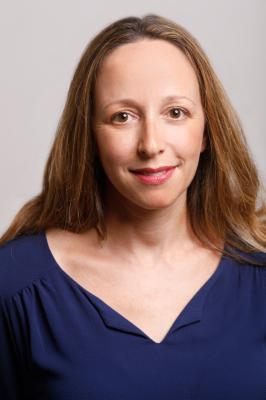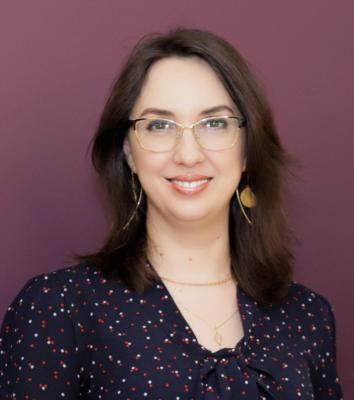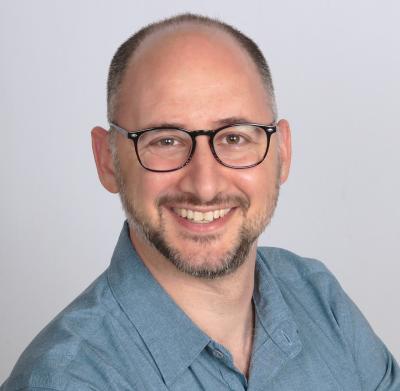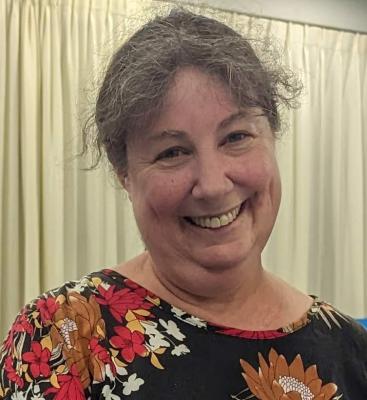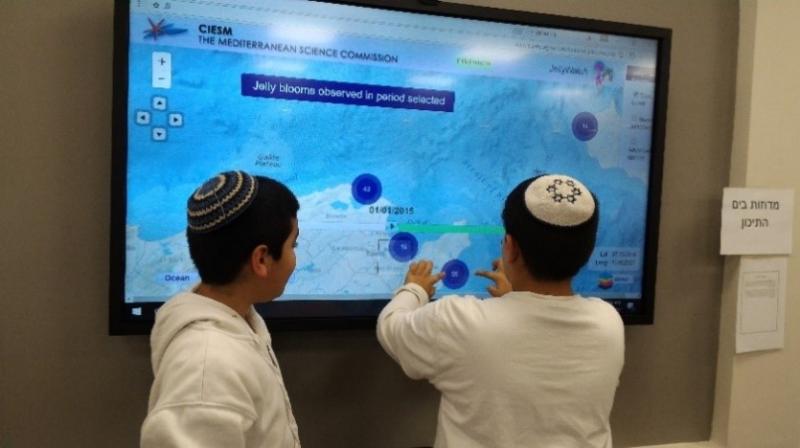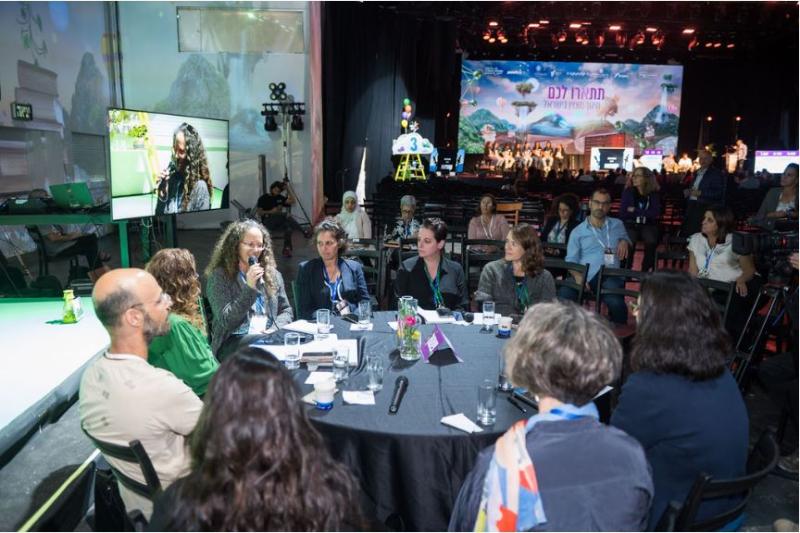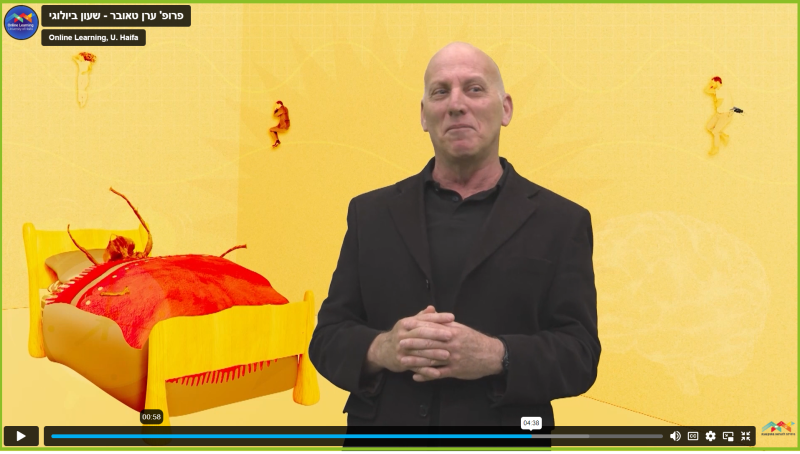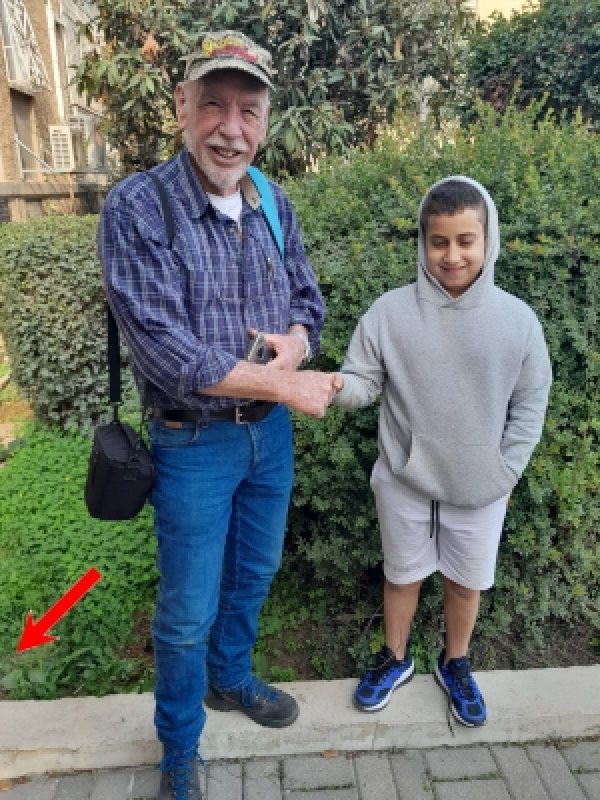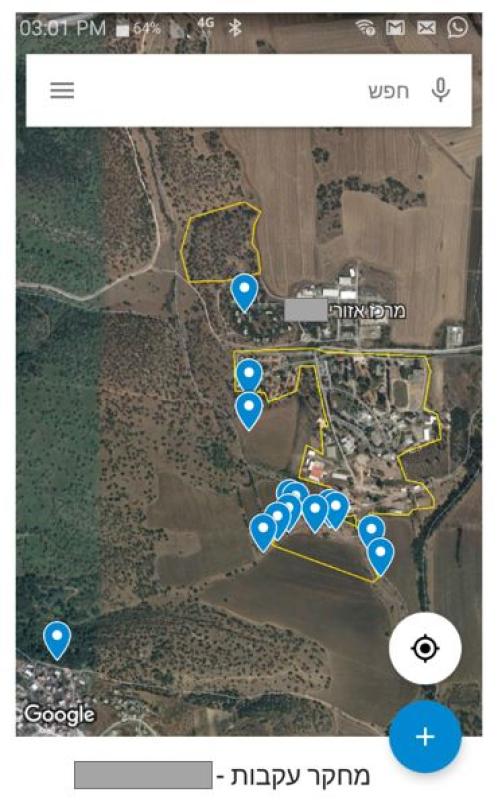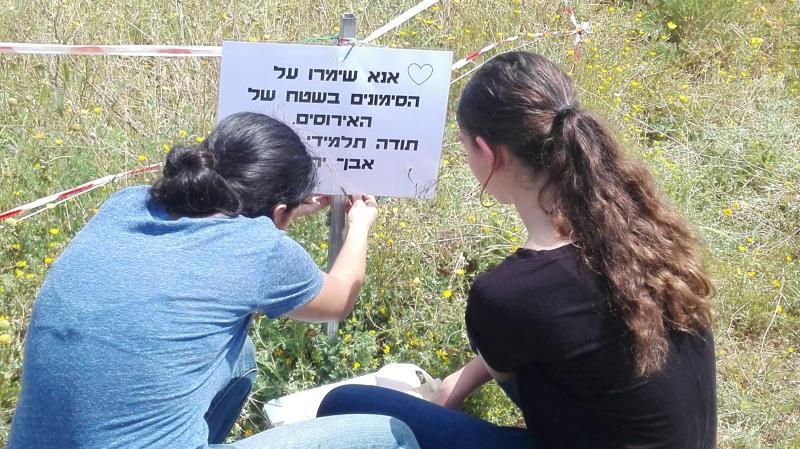In TAKING CITIZEN SCIENCE TO SCHOOL (TCSS), university scientists partner with students, teachers and their communities to advance scientific research while impacting society. This community engagement initiative provides equitable quality science education through school students' participation in various stages of ongoing scientific research. The collaboration serves not only to advance research, and to promote school students’ learning but also to democratize science and contribute to a more equitable society.
Our initiative inspires and supports scientists from the University of Haifa and the Technion—Israel Institute of Technology in developing citizen science research projects. We implement them in schools following a mutualistic agenda: creating win-win situations, in which both scientists’ need for reliable data and students’ need for meaningful science learning experiences are met. For example, in the project Sleep is One-Third of Life, students complete sleeping journals for collecting data about youths' sleeping habits, but they also develop their own interesting inquiry questions and pursue them. In contrast with the majority of citizen science projects which are contributory in type, in TCSS, our partnerships are non-hierarchical – we draw on the different expertise of all members.
The mutualistic agenda allows us to build the capacity and infrastructure for sustainable and widespread involvement of school students and their communities in academic research.
By meaningfully involving schools in societal advancement through citizen science, TCSS shepherds schools to become co-creators of knowledge, where students learn with agency, and their own advancement coincide with well-being of their friends, families, and communities.



